Code
HCS17563
Weight
2.256 Kg / 4.97 lbs
Size
Diameter
45cm (18") Depth
3cm (1") Material
7 metal Bronze
Availability
Available
Date Added
2019-10-23 06:55:47
Note : We used to sell this product 6 years ago so it may no longer be in our stock.
It is possible that we still have it with our suppliers but the price could be different from before.
Feel free to order. We will verify availability and inform you promptly.
It is possible that we still have it with our suppliers but the price could be different from before.
Feel free to order. We will verify availability and inform you promptly.

Safe Payment
We accept Paypal, Money Transfer, Bank Transfer
Confidence
Protection covers your purchase and personal data.
Worldwide Delivery
We ship Worldwide, except Russia.Shipping cost US$25.2 for upto 0.5 kgs

Hotline
Talk to help line for your question on 9841267335Sound Check - All : Request a sound check
We personally check Handmade [gong], Bronze Chau Gong, Tam-tam Gong, Symphonic Gong With Antique Finishing to ensure the quality of the sound and its resonance. However, if you still require to listen to the sound before purchase. To maintain the quality of service we have introduced a nominal fee of $2 for this service. This non-refundable deposit will be deducted from your invoice upon purchase. Please note due to the limitation of the microphone and the speaker quality, the effectiveness of experiencing the sound will not be the same.
If you have any further questions or require assistance, please do not hesitate to contact us. WhatsApp: +9779841614206 Read More . . .
We personally check Handmade [gong], Bronze Chau Gong, Tam-tam Gong, Symphonic Gong With Antique Finishing to ensure the quality of the sound and its resonance. However, if you still require to listen to the sound before purchase. To maintain the quality of service we have introduced a nominal fee of $2 for this service. This non-refundable deposit will be deducted from your invoice upon purchase. Please note due to the limitation of the microphone and the speaker quality, the effectiveness of experiencing the sound will not be the same.
If you have any further questions or require assistance, please do not hesitate to contact us. WhatsApp: +9779841614206 Read More . . .
Included with this Gong
When you purchase this Gong, it will come with a Felt Hitting Mallet that you can use to play the Gong. This mallet is included with your purchase and you do not need to buy it separately. If you would like additional accessories to use with your Gong, such as different types of mallets or stands, you can purchase them separately from the options provided above. These additional accessories are not included with your purchase of the Gong and must be added to your cart if you would like to buy them. Read More . . .
When you purchase this Gong, it will come with a Felt Hitting Mallet that you can use to play the Gong. This mallet is included with your purchase and you do not need to buy it separately. If you would like additional accessories to use with your Gong, such as different types of mallets or stands, you can purchase them separately from the options provided above. These additional accessories are not included with your purchase of the Gong and must be added to your cart if you would like to buy them. Read More . . .
Nepali Gong : About Tam-Tam Gong
The Nepali tam-tam, also known as a flat-faced gong, is a traditional musical instrument that is used in many cultures around the world, including Nepal. The tam-tam has a flat face and produces a low fundamental note followed by a burst of sound with many harmonics and overtones, which may increase in volume after the gong has been struck. Read More . . .
The Nepali tam-tam, also known as a flat-faced gong, is a traditional musical instrument that is used in many cultures around the world, including Nepal. The tam-tam has a flat face and produces a low fundamental note followed by a burst of sound with many harmonics and overtones, which may increase in volume after the gong has been struck. Read More . . .
Mandala : Brief Introduction On Mandala
Mandala Thangka painting is a revered form of sacred art in Buddhism, characterized by intricate and vibrant depictions on cotton or silk. These paintings often feature a central deity or Buddha figure surrounded by meticulously crafted symmetrical patterns, geometric designs, and symbolic elements. Mandala Thangkas serve as visual aids for meditation and spiritual growth, guiding practitioners towards inner peace, harmony, and enlightenment. Through their precise brushwork and rich symbolism, these artworks invite viewers to contemplate the profound spiritual journey within themselves, fostering mindfulness, concentration, and a deeper connection with the universal truths of Buddhism. Read More . . .
Mandala Thangka painting is a revered form of sacred art in Buddhism, characterized by intricate and vibrant depictions on cotton or silk. These paintings often feature a central deity or Buddha figure surrounded by meticulously crafted symmetrical patterns, geometric designs, and symbolic elements. Mandala Thangkas serve as visual aids for meditation and spiritual growth, guiding practitioners towards inner peace, harmony, and enlightenment. Through their precise brushwork and rich symbolism, these artworks invite viewers to contemplate the profound spiritual journey within themselves, fostering mindfulness, concentration, and a deeper connection with the universal truths of Buddhism. Read More . . .
What is a Gong?
A gong is a large metal percussion instrument that produces a deep and resonant sound when struck with a mallet. Gongs are typically made from a bronze alloy, and are available in a variety of sizes and styles. Gongs have a long history in many cultures around the world, and are often associated with meditation, sound healing, and other spiritual practices. Read More . . .
A gong is a large metal percussion instrument that produces a deep and resonant sound when struck with a mallet. Gongs are typically made from a bronze alloy, and are available in a variety of sizes and styles. Gongs have a long history in many cultures around the world, and are often associated with meditation, sound healing, and other spiritual practices. Read More . . .
Brief Introduction :
The Chau Gong, also known as the tam-tam, is a fascinating and versatile percussion instrument with a rich history and wide-ranging applications. Crafted from copper-based alloy, bronze, or brass, the Chau Gong features a shallow cylindrical shape with a slightly concave main surface and an upturned rim. The gong's rim extends about 1?2 inch (1 cm) perpendicular to the surface, giving it a distinct appearance. The center spot and rim of the Chau Gong are coated on both sides with black copper oxide, while the rest of the surface is polished to remove this coating, creating a striking visual contrast. Available in various sizes, ranging from 7 to 80 inches (18 to 203 cm) in diameter, the Chau Gong produces a mesmerizing and resonant sound that can vary in pitch and tone depending on the size and playing technique.
History:
The Chau Gong's history dates back to ancient China, with its earliest known existence found in a tomb from the early Western Han Dynasty, discovered at the Guixian site in the Guangxi Zhuang Autonomous Region of China. Throughout Chinese history, gongs, including the Chau Gong, were integral to cultural and spiritual practices, being used in intense and spiritual drumming during rituals and tribal meetings. Notably, Chau Gongs were employed to clear the way for important officials and processions, much like a modern-day police siren. In this context, the number of gong strokes was sometimes used to indicate the seniority of an official, helping to determine the proper etiquette when officials met unexpectedly.
Use:
The Chau Gong, or tam-tam, has made its way into symphony orchestras, becoming a fundamental part of the percussion section. Introduced to orchestral music by François-Joseph Gossec in 1790, it gained popularity and was adopted by renowned composers such as Hector Berlioz, Gioachino Rossini, Vincenzo Bellini, Richard Wagner, Peter Ilyich Tchaikovsky, Gustav Mahler, Dmitri Shostakovich, Sergei Rachmaninov, and Sergei Prokofiev, among others. This widespread adoption showcases the versatility and emotional range of the Chau Gong. Composers often use it to evoke scenes of mourning or to add dramatic intensity and horror to their compositions. In operas, the Chau Gong has been employed to heighten suspense and create powerful, unforgettable moments. Igor Stravinsky pushed the boundaries of Chau Gong playing techniques in his composition "The Rite Of Spring," introducing innovative techniques like quick crescendos, short, quickly damped notes, and using a triangle beater to scrape across the front of the instrument.
How to Play:
Playing the Chau Gong requires a skilled percussionist who understands its nuances and techniques. The player typically holds the gong vertically by a rope or cord attached to the rim. Striking the gong with a mallet or beater can produce a broad spectrum of sounds, from soft and subtle to thunderous and booming, depending on the striking force and location. By varying the striking point, angle, and force, the player can control the gong's resonance and create a range of expressive sounds. Additionally, certain techniques like scraping the surface with a beater or using quick, damped strokes can produce unique effects that add to the instrument's expressive capabilities. Mastering the Chau Gong requires a keen sense of timing, dynamics, and artistry to harness its full potential and bring out its mesmerizing qualities in various musical contexts.
The Chau Gong's history dates back to ancient China, with its earliest known existence found in a tomb from the early Western Han Dynasty, discovered at the Guixian site in the Guangxi Zhuang Autonomous Region of China. Throughout Chinese history, gongs, including the Chau Gong, were integral to cultural and spiritual practices, being used in intense and spiritual drumming during rituals and tribal meetings. Notably, Chau Gongs were employed to clear the way for important officials and processions, much like a modern-day police siren. In this context, the number of gong strokes was sometimes used to indicate the seniority of an official, helping to determine the proper etiquette when officials met unexpectedly.
Use:
The Chau Gong, or tam-tam, has made its way into symphony orchestras, becoming a fundamental part of the percussion section. Introduced to orchestral music by François-Joseph Gossec in 1790, it gained popularity and was adopted by renowned composers such as Hector Berlioz, Gioachino Rossini, Vincenzo Bellini, Richard Wagner, Peter Ilyich Tchaikovsky, Gustav Mahler, Dmitri Shostakovich, Sergei Rachmaninov, and Sergei Prokofiev, among others. This widespread adoption showcases the versatility and emotional range of the Chau Gong. Composers often use it to evoke scenes of mourning or to add dramatic intensity and horror to their compositions. In operas, the Chau Gong has been employed to heighten suspense and create powerful, unforgettable moments. Igor Stravinsky pushed the boundaries of Chau Gong playing techniques in his composition "The Rite Of Spring," introducing innovative techniques like quick crescendos, short, quickly damped notes, and using a triangle beater to scrape across the front of the instrument.
How to Play:
Playing the Chau Gong requires a skilled percussionist who understands its nuances and techniques. The player typically holds the gong vertically by a rope or cord attached to the rim. Striking the gong with a mallet or beater can produce a broad spectrum of sounds, from soft and subtle to thunderous and booming, depending on the striking force and location. By varying the striking point, angle, and force, the player can control the gong's resonance and create a range of expressive sounds. Additionally, certain techniques like scraping the surface with a beater or using quick, damped strokes can produce unique effects that add to the instrument's expressive capabilities. Mastering the Chau Gong requires a keen sense of timing, dynamics, and artistry to harness its full potential and bring out its mesmerizing qualities in various musical contexts.


![Handmade [gong], Bronze Chau Gong, Tam-tam Gong, Symphonic Gong With Antique Finishing](https://handicraftseller.com/uploads/pics/product/thumb/2019/10/17563.jpg)
![Handmade [gong], Bronze Chau Gong, Tam-tam Gong, Symphonic Gong With Antique Finishing](https://handicraftseller.com/uploads/pics/product/thumb/2019/10/17563_0.jpg)
![Handmade [gong], Bronze Chau Gong, Tam-tam Gong, Symphonic Gong With Antique Finishing](https://handicraftseller.com/uploads/pics/product/thumb/2019/10/17563_1.jpg)
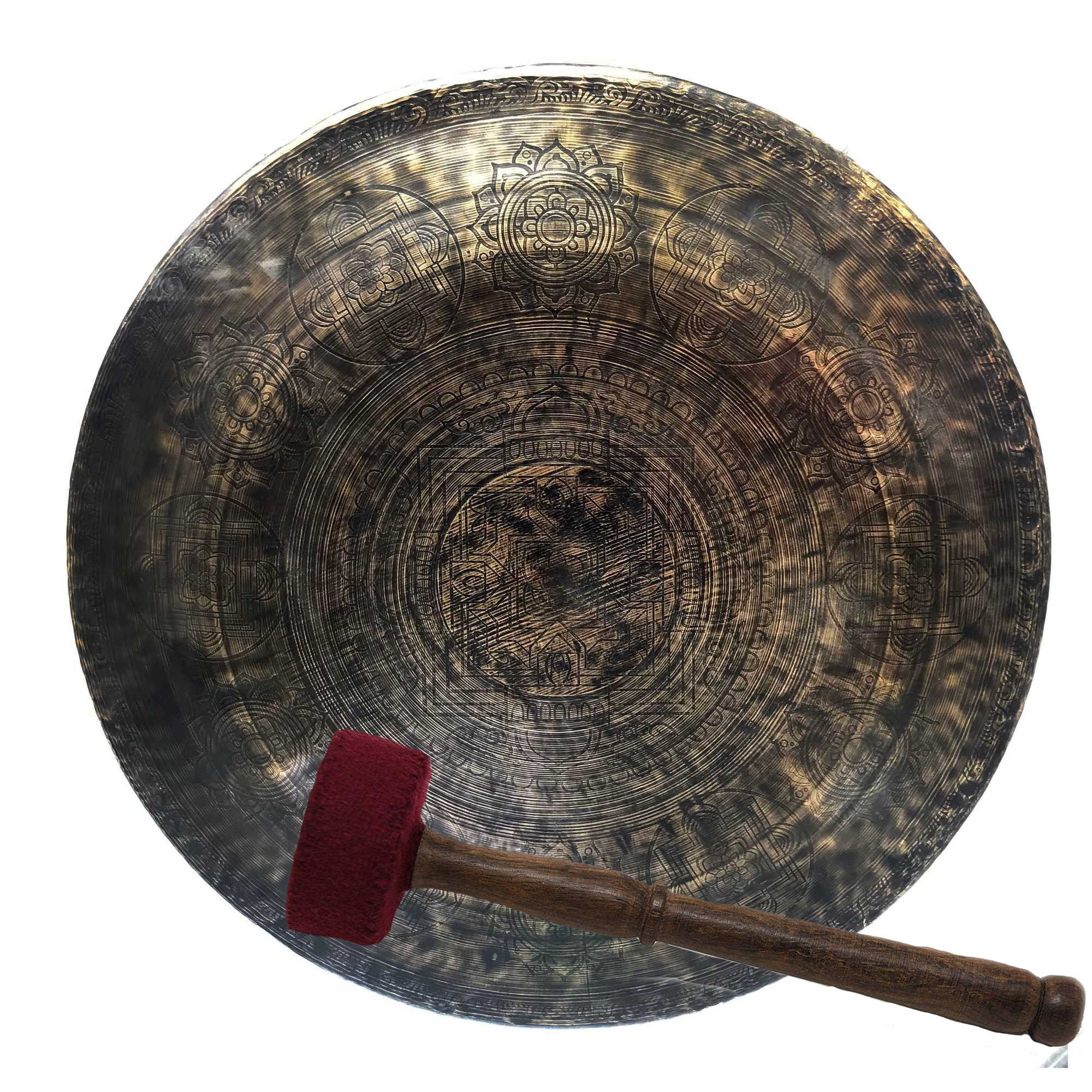
 Gong, Bronze Chau Gong, Tam-tam Gong, Symphonic Gong
Gong, Bronze Chau Gong, Tam-tam Gong, Symphonic Gong  Gong, Bronze Chau Gong, Tam-tam Gong, Symphonic Gong
Gong, Bronze Chau Gong, Tam-tam Gong, Symphonic Gong 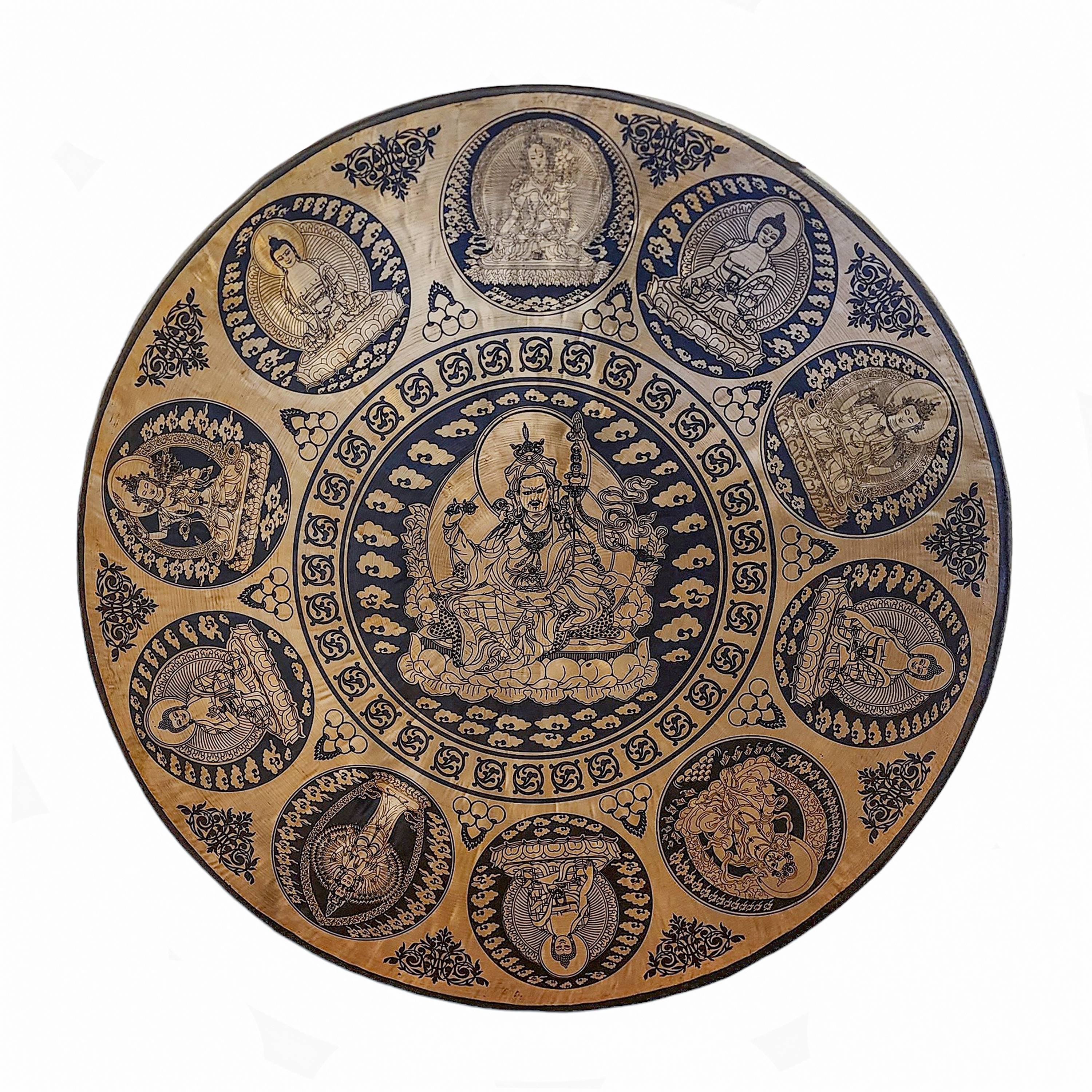 Gong, Bronze Chau Gong, Tam-tam Gong, Symphonic Gong
Gong, Bronze Chau Gong, Tam-tam Gong, Symphonic Gong 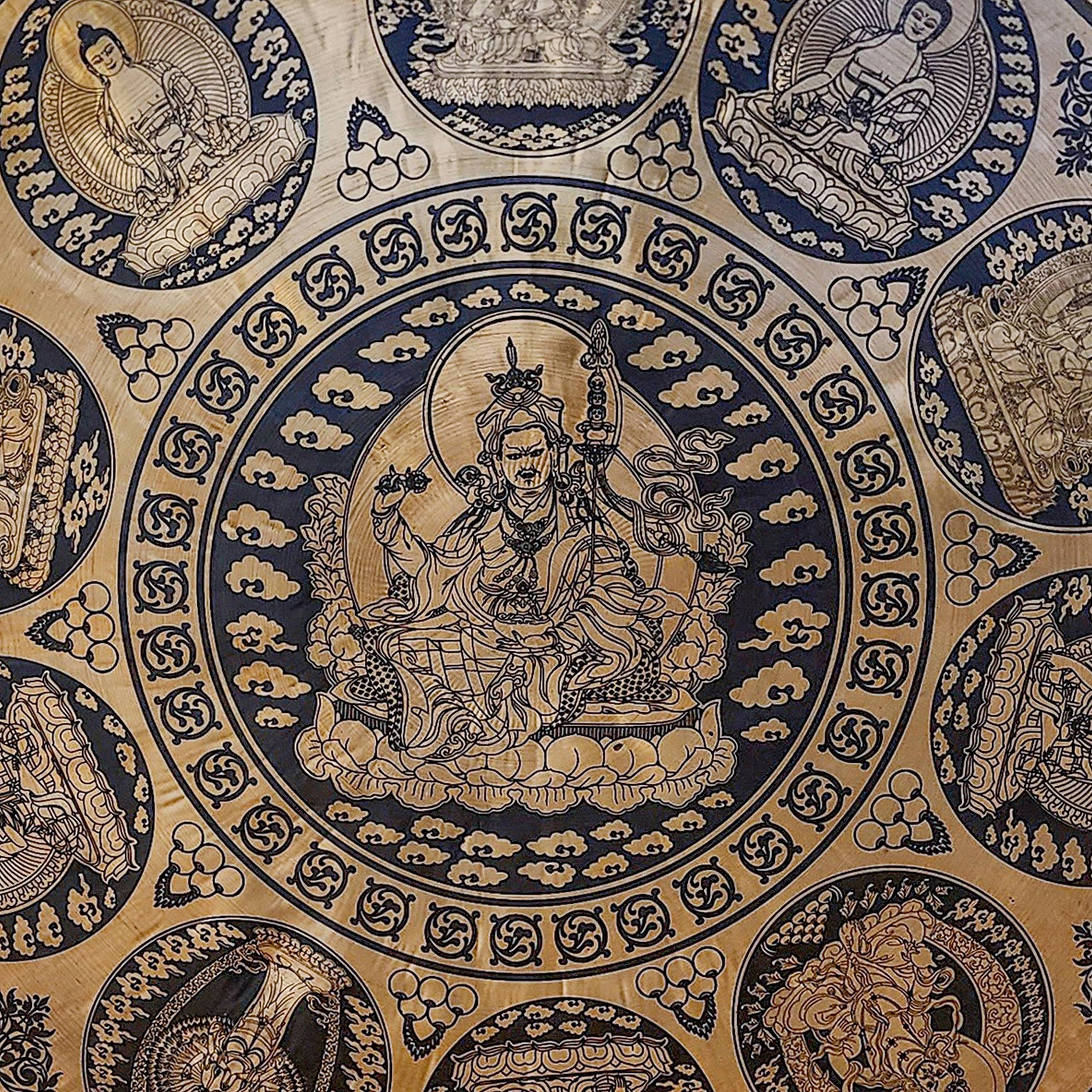 Gong, Bronze Chau Gong, Tam-tam Gong, Symphonic Gong
Gong, Bronze Chau Gong, Tam-tam Gong, Symphonic Gong  Gong, Bronze Chau Gong, Tam-tam Gong, Symphonic Gong
Gong, Bronze Chau Gong, Tam-tam Gong, Symphonic Gong  Gong, Bronze Chau Gong, Tam-tam Gong, Symphonic Gong
Gong, Bronze Chau Gong, Tam-tam Gong, Symphonic Gong  Gong, Bronze Chau Gong, Tam-tam Gong, Symphonic Gong
Gong, Bronze Chau Gong, Tam-tam Gong, Symphonic Gong  Gong, Bronze Chau Gong, Tam-tam Gong, Symphonic Gong
Gong, Bronze Chau Gong, Tam-tam Gong, Symphonic Gong  Gong, Bronze Chau Gong, Tam-tam Gong, Symphonic Gong
Gong, Bronze Chau Gong, Tam-tam Gong, Symphonic Gong 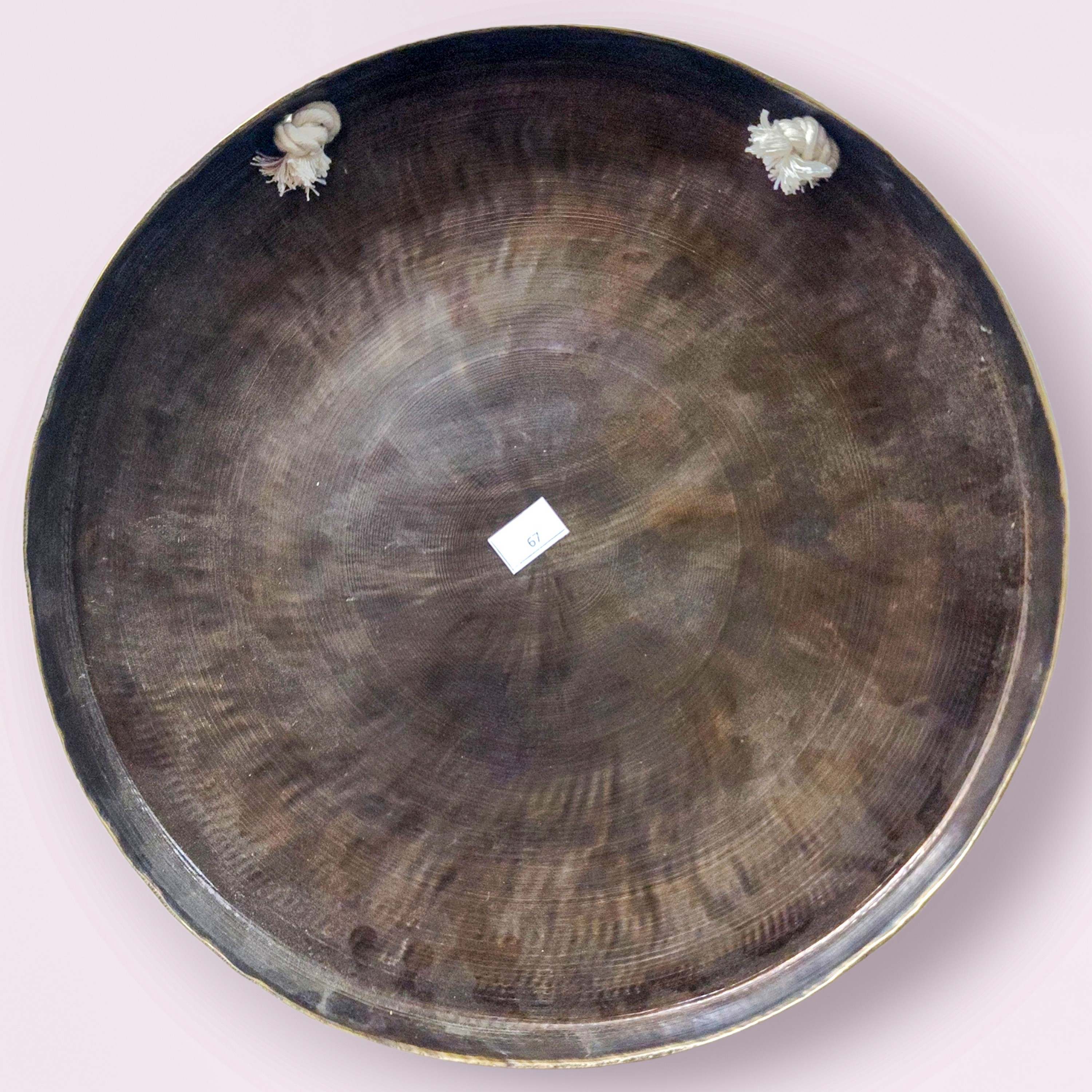 Gong, Bronze Chau Gong, Tam-tam Gong, Symphonic Gong
Gong, Bronze Chau Gong, Tam-tam Gong, Symphonic Gong  Gong, Bronze Chau Gong, Tam-tam Gong, Symphonic Gong
Gong, Bronze Chau Gong, Tam-tam Gong, Symphonic Gong 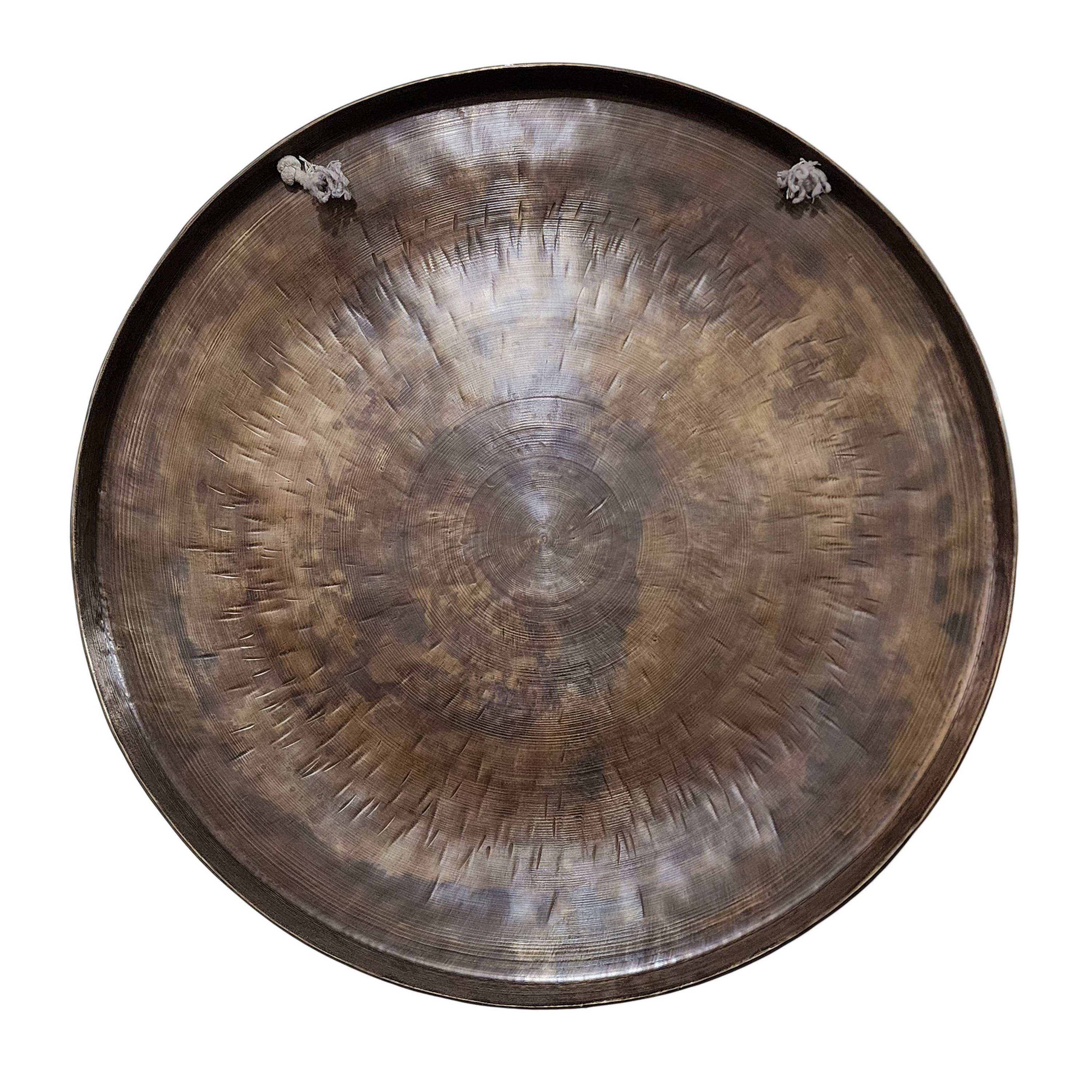 Gong, Bronze Chau Gong, Tam-tam Gong, Symphonic Gong
Gong, Bronze Chau Gong, Tam-tam Gong, Symphonic Gong  Gong, Bronze Chau Gong, Tam-tam Gong, Symphonic Gong
Gong, Bronze Chau Gong, Tam-tam Gong, Symphonic Gong  Gong, Bronze Chau Gong, Tam-tam Gong, Symphonic Gong
Gong, Bronze Chau Gong, Tam-tam Gong, Symphonic Gong  Gong, Bronze Chau Gong, Tam-tam Gong, Symphonic Gong
Gong, Bronze Chau Gong, Tam-tam Gong, Symphonic Gong 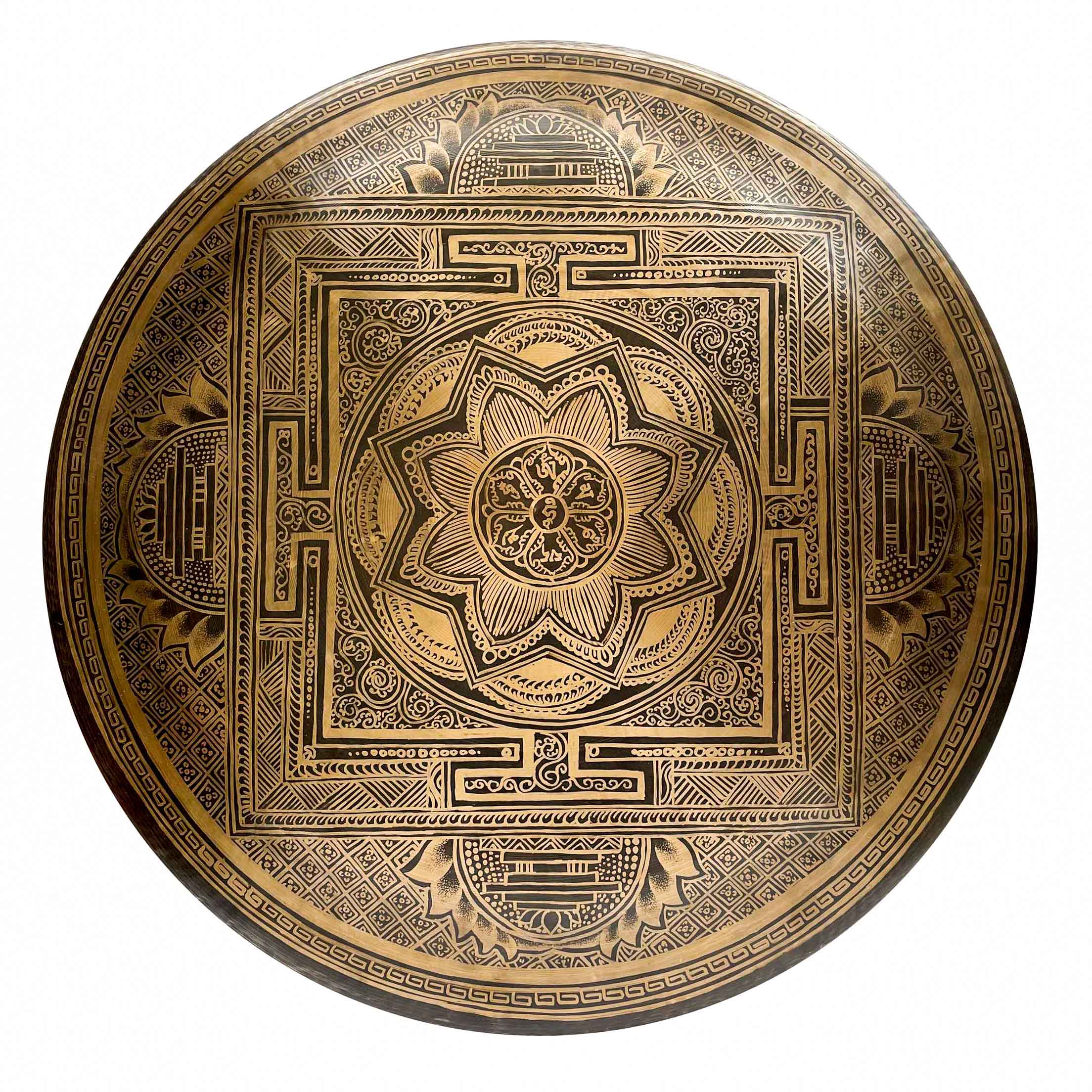 Gong, Bronze Chau Gong, Tam-tam Gong, Symphonic Gong
Gong, Bronze Chau Gong, Tam-tam Gong, Symphonic Gong 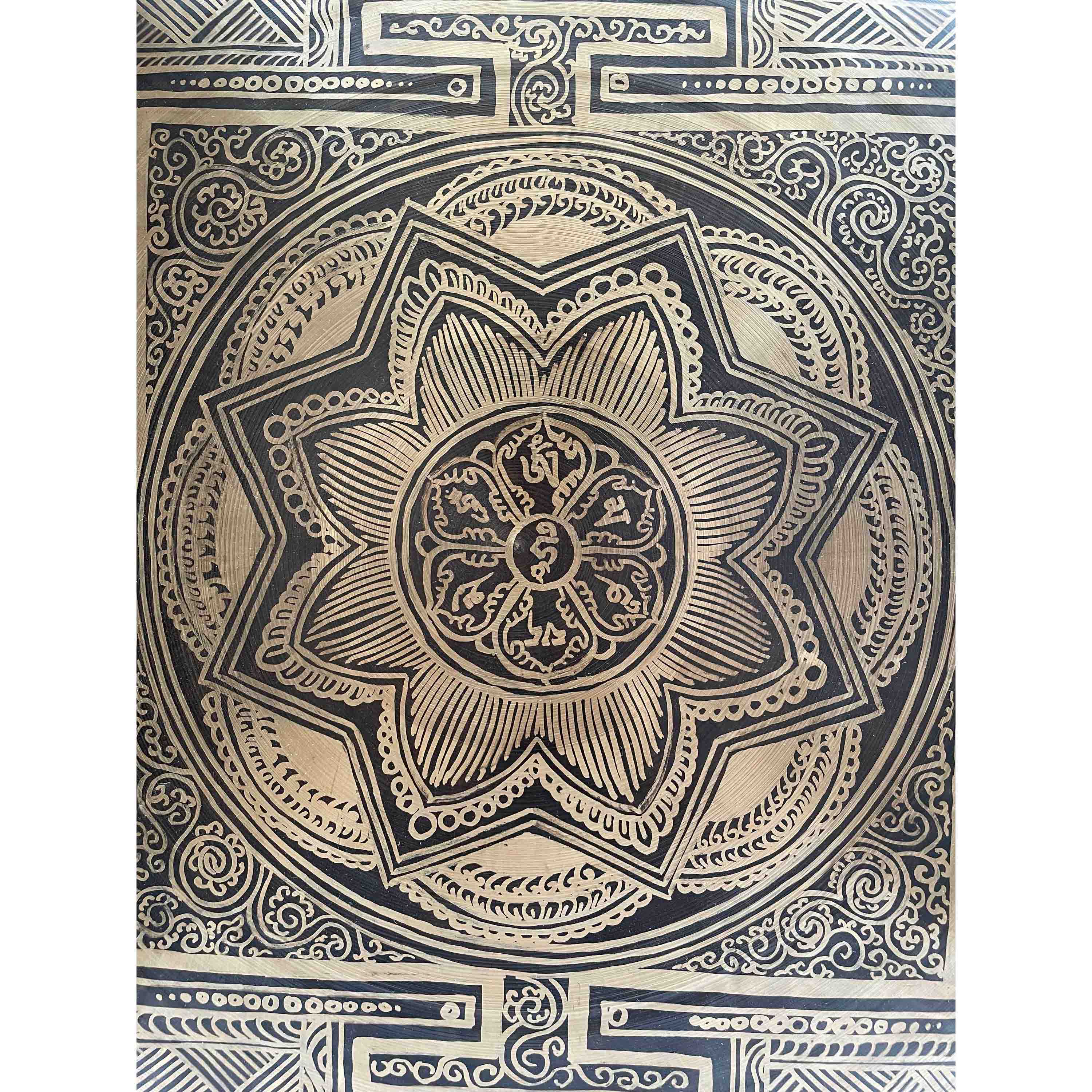 Gong, Bronze Chau Gong, Tam-tam Gong, Symphonic Gong
Gong, Bronze Chau Gong, Tam-tam Gong, Symphonic Gong  Gong, Bronze Chau Gong, Tam-tam Gong, Symphonic Gong
Gong, Bronze Chau Gong, Tam-tam Gong, Symphonic Gong  Gong, Bronze Chau Gong, Tam-tam Gong, Symphonic Gong
Gong, Bronze Chau Gong, Tam-tam Gong, Symphonic Gong